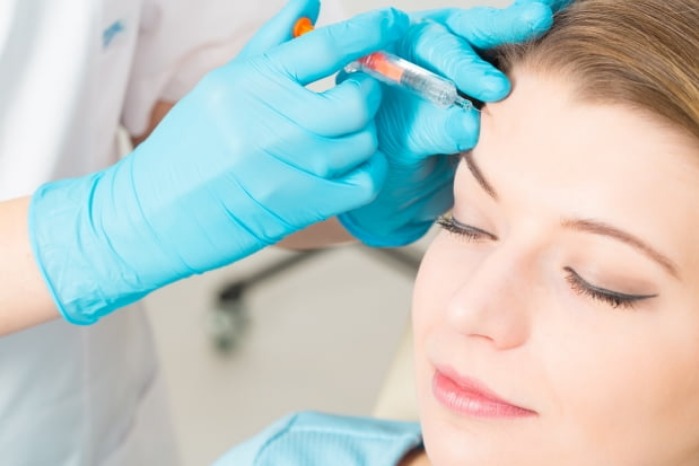UPDATE: South Korea’s botulinum toxin exports have skyrocketed to an unprecedented $41.66 million in October 2023, marking the second consecutive month of record-high sales. This surge highlights the explosive growth of “K-botox” in the global cosmetic market, outpacing even the nation’s renowned semiconductor industry, which grew by 25.4% in the same period.
According to KED Aicel, demand for Korean-made botulinum toxins has surged, particularly in emerging markets where consumers are increasingly attracted to the products’ natural-looking results and affordable prices. Industry experts report that the overwhelming popularity of these products is reshaping the global beauty landscape.
China remains the dominant market, accounting for $23.5 million of third-quarter exports, followed closely by the United States at $18.8 million, Brazil with $17.3 million, and Vietnam at $10.8 million. Leading companies like Hugel Inc. and Daewoong Pharmaceutical Co. are driving this expansion, with Hugel’s revenue from toxins and fillers climbing 20.9% to 118.3 billion won (approximately $82.6 million) in the first half of 2023.
The July-September period saw Korean botulinum toxin exports exceed $100 million for the second consecutive quarter, totaling $114.6 million—an increase of 24.2% year-on-year. This remarkable growth is especially evident in Vietnam, where imports surged by an astonishing 279.6% to $10.8 million, fueled by a rising middle class eager for cosmetic procedures.
“Korean toxins and fillers enjoy a strong reputation for safety, efficacy, and value,”
noted KOTRA’s Hanoi office, underscoring the growing appeal of Korean beauty products. Shipments to Brazil nearly doubled, largely attributed to Daewoong’s successful supply contract for its Nabota-branded product.
The competition is intensifying as both Hugel and Daewoong target the lucrative beauty markets in the US and China. The US botulinum toxin market was valued at $4.74 billion in 2023, highlighting the potential for ongoing growth. Hugel recently appointed Carrie Strom, former global president of Allergan, as its new global CEO, marking a strategic move to strengthen its foothold in the US.
Despite the booming exports, analysts warn of growing challenges as the Korean botulinum toxin industry enters a more competitive phase. Price competition is impacting profit margins, with Hugel’s projected operating profit for the third quarter expected to rise only 3.6% year-on-year to 55.3 billion won.
Daewoong is expected to fare better, with an anticipated 30% increase in profits to around 45 billion won, driven by robust demand for its Nabota products. Conversely, Medytox continues to struggle, reporting a 55.9% decline in its operating profit despite a 15.7% increase in exports. The company’s stock has plummeted to just one-fifth of its peak value in 2019.
As the K-botox phenomenon continues to grow, consumers worldwide are poised to benefit from the expanding range of effective and cost-efficient beauty treatments. Industry experts will be closely monitoring how Korean firms navigate the challenges ahead and whether they can maintain their momentum in global markets.
Stay tuned for further updates on this developing story as the cosmetic industry evolves rapidly in response to consumer demands and market dynamics.







